Tu sei la mia vita

[1992]
Testo di Lello Vitello
Interpretazione originale di Lello Vitello e Tonio Scatigna e la Gatta da Pelare
Musica: "Tu sei la mia vita" (canzone liturgica)
Testo di Lello Vitello
Interpretazione originale di Lello Vitello e Tonio Scatigna e la Gatta da Pelare
Musica: "Tu sei la mia vita" (canzone liturgica)
Tu sei la mia vita
(Continues)
(Continues)
Contributed by Lello Vitello e Riccardo Venturi 2009/9/15 - 22:13
Song Itineraries:
Antiwar Anticlerical
Il re è nudo

Chanson italienne – Il Re è Nudo – Nomadi – 2002
LE ROI EST NU
(Continues)
(Continues)
Contributed by Marco Valdo M.I. 2009/9/15 - 11:54
Ombres Noires
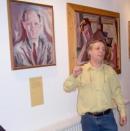
Ombres Noires
Canzone léviane – Ombres Noires – Marco Valdo M.I. – 2009
Cycle du Cahier ligné – 51
Ombres Noires est la cinquante et unième chanson du Cycle du Cahier ligné, constitué d'éléments tirés du Quaderno a Cancelli de Carlo Levi.
Lucien, mon ami l'âne aux yeux plus noirs qu'une nuit orientale sans lune, écoute-moi bien, car ce soir, je vais te dire des choses secrètes et étranges. Et surtout, ne m'interromps pas trop souvent.
Marco Valdo M.I., j'ai beau être ton ami et dès lors, bien te connaître, tu m'intrigues... Mais ne t'inquiètes pas, je vais t'écouter de toutes mes oreilles qui, comme tu peux le voir, dit l'âne Lucien en dressant à la verticale sa belle paire toute noire, sont grandes et fort bien dressées. Mais je t'en prie... Dis-moi donc !
Donc, comme tu peux le voir, cette fois-ci notre guerrier-blessé-malade-prisonnier... parle comme un chœur.
Un peu... (Continues)
Canzone léviane – Ombres Noires – Marco Valdo M.I. – 2009
Cycle du Cahier ligné – 51
Ombres Noires est la cinquante et unième chanson du Cycle du Cahier ligné, constitué d'éléments tirés du Quaderno a Cancelli de Carlo Levi.
Lucien, mon ami l'âne aux yeux plus noirs qu'une nuit orientale sans lune, écoute-moi bien, car ce soir, je vais te dire des choses secrètes et étranges. Et surtout, ne m'interromps pas trop souvent.
Marco Valdo M.I., j'ai beau être ton ami et dès lors, bien te connaître, tu m'intrigues... Mais ne t'inquiètes pas, je vais t'écouter de toutes mes oreilles qui, comme tu peux le voir, dit l'âne Lucien en dressant à la verticale sa belle paire toute noire, sont grandes et fort bien dressées. Mais je t'en prie... Dis-moi donc !
Donc, comme tu peux le voir, cette fois-ci notre guerrier-blessé-malade-prisonnier... parle comme un chœur.
Un peu... (Continues)
Guerriers pétrifiés, gisant ainsi,
(Continues)
(Continues)
Contributed by Marco Valdo M.I. 2009/9/14 - 18:51
Sabbiature

round 2 VS Ciarrapico: Il Bancarottiere di Siviglia
Prima o poi trascriverò il testo.
Prima o poi trascriverò il testo.
[ΔR-PLU] 2009/9/13 - 18:55
L'odore della morte

Chanson italienne – L'Odore della morte – Talco
L'ODEUR DE LA MORT
(Continues)
(Continues)
Contributed by Marco Valdo M.I. 2009/9/13 - 17:30
Inka Lied [El Condor pasa]
![Inka Lied [El Condor pasa]](img/thumb/c1869_130x140.jpeg?1328538183)
a tre mesi di distanza mi accorgo di aver scritto un'enorme cavolata...non mi riferivo a questa canzone tedesca, ma all'originale peruviano "el condor pasa"
matteo88 2009/9/13 - 11:33
We Have All The Time In The World

E'dolcissima e arriva fino all'anima.
La voce di Armstrong, calda e semplice allo stesso tempo, riesce a farti volare mentre si espande la serenità nella mente e nel cuore.
La voce di Armstrong, calda e semplice allo stesso tempo, riesce a farti volare mentre si espande la serenità nella mente e nel cuore.
Luciano 2009/9/12 - 20:19
Завтра может быть поздно

Tell me, friend, why all around ambush?
(Continues)
(Continues)
Contributed by Mario Ferrero 2009/9/12 - 19:55
L'uomo di Monaco

Chanson italienne – L'Uomo di Monaco – Nomadi - 1988
« Sur le mur, on avait écrit à la craie :
Ils veulent la guerre.
Celui qui l'a écrit
Est déjà tombé. »
(Bertolt Brecht)
« Sur le mur, on avait écrit à la craie :
Ils veulent la guerre.
Celui qui l'a écrit
Est déjà tombé. »
(Bertolt Brecht)
L'HOMME DE MUNICH
(Continues)
(Continues)
Contributed by Marco Valdo M.I. 2009/9/11 - 14:20
Born In The U.S.A.

...mah, non penso che il Boss fosse tanto orgoglioso di esserlo
Mimimmo 2009/9/11 - 09:25
La carovana

Chanson italienne – La Carovana – Talco
LA CARAVANE
(Continues)
(Continues)
Contributed by Marco Valdo M.I. 2009/9/10 - 22:23
Andrea

Hebrew version by Eli Tomer
אנדראה מאת פבריציו דה-אנדרה
(Continues)
(Continues)
Contributed by CCG/AWS Staff 2009/9/9 - 17:40
La ballata del Michè

Hebrew version by Eli Tomer
הבלדה של מִיקֶה מאת פבריציו דה-אנדרה
(Continues)
(Continues)
Contributed by CCG/AWS Staff 2009/9/9 - 17:27
La guerra di Piero

EBRAICO /HEBREW [3]
La versione ebraica di Eli Tomer
Hebrew version by Eli Tomer
La versione ebraica di Eli Tomer
Hebrew version by Eli Tomer
Inseriamo nel campo testo, per ora, l'immagine contenente la traduzione. In seguito verrà provveduto ad una trascrizione. [CCG/AWS Staff]
Contributed by CCG/AWS Staff 2009/9/9 - 17:22
Andrea

La versione greca di Gian Piero Testa
Greek version by Gian Piero Testa
Ελληνική απόδοση από τον Δζαν Πιέρο Τέστα
Greek version by Gian Piero Testa
Ελληνική απόδοση από τον Δζαν Πιέρο Τέστα
L'ho trovato assai difficile, e non so se sono riuscito a ricalcare dappertutto il canto, perché sulle prime ho cercato di tenere conto delle sillabe e delle cesure, ma poi, nel canto, ho visto che il metro va all'aria con le ripetizioni. L'ho aggiustato con la musica in sottofondo [...] Come sempre ho adattato il testo alla Grecia, ambientandolo al tempo delle guerre balcaniche ( a Giannina si combatté, ma anche a Sarandoporos, eccetera) abbastanza vicine del resto alla guerra mondiale del testo originale. Chissà se ai Greci, dimentichi di Achille e Patroclo, di Pelopida e Epaminonda, della legione tebana e di altre consimili poustiès, l'idea di un eroe gay possa riuscire digeribile. Fatti loro. Io non sono della partita; ma non è cosa che mi disturbi. A loro, credo di sì. [GPT]
Ο ΑΝΤΡΕΑΣ
(Continues)
(Continues)
Contributed by CCG/AWS Staff - Ελληνικό Τμήμα 2009/9/9 - 16:28
La Savoiarda

Volevo segnalare che la introduzione parlata segnalata da Tommaso, non è dei DDT ma è tratta da Yukio Mishima (Lezioni Spirituali per Giovani Samurai, ed. Feltrinelli, pp. 107-108), e andrebbe introdotta nel testo, poiché fa effettivamente parte della canzone, come è tipico anche di altre canzoni dei DDT, precedute da una citazione d'autore parlata.
Andrea Virga 2009/9/7 - 19:22
Wounded Knee 1890
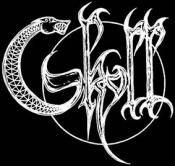
veramente sarebbe "Wovoka ha visto che"
in riferimento al profeta sioux Wovoka.
in riferimento al profeta sioux Wovoka.
Andrea Virga 2009/9/7 - 18:49
L'uomo, la donna e il fiore
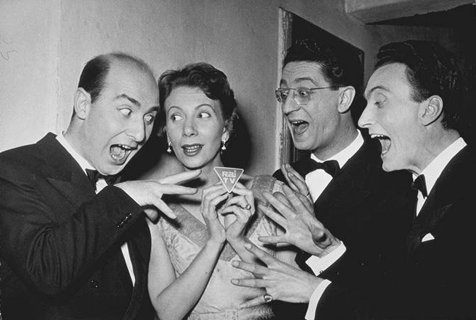
[1968]
Testo e musiche di Anton Virgilio Savona e "Tata" Giacobetti
Recitato: Anton Virgilio Savona
Dallo spettacolo: "Non cantare, spara!"
Trascritto all'ascolto (grazie a Giorgio per le opportune correzioni)
E così, anche Anton Virgilio Savona se n'è andato; del vecchio Quartetto Cetra resta in vita soltanto Lucia Mannucci, che di Savona era la moglie. In questo sito, come tutti sanno, con Anton Virgilio Savona abbiamo avuto, e avremo, molto a che fare; solo pochi sapevano che, accanto all'attività di garbato e intelligente crooner nel Quartetto (nel quale era autore di quasi tutti i testi, e di buona parte delle musiche), affiancava quello di scrittore di canzoni solforose, esplicite, sovversive. Non lo vogliamo dimenticare, e non lo dimenticheremo mai.
Ma è bene anche dare, per lo spazio d'una canzone, un po' di rilevanza anche al Quartetto Cetra. Facevano, i quattro, canzoni di... (Continues)
Testo e musiche di Anton Virgilio Savona e "Tata" Giacobetti
Recitato: Anton Virgilio Savona
Dallo spettacolo: "Non cantare, spara!"
Trascritto all'ascolto (grazie a Giorgio per le opportune correzioni)
E così, anche Anton Virgilio Savona se n'è andato; del vecchio Quartetto Cetra resta in vita soltanto Lucia Mannucci, che di Savona era la moglie. In questo sito, come tutti sanno, con Anton Virgilio Savona abbiamo avuto, e avremo, molto a che fare; solo pochi sapevano che, accanto all'attività di garbato e intelligente crooner nel Quartetto (nel quale era autore di quasi tutti i testi, e di buona parte delle musiche), affiancava quello di scrittore di canzoni solforose, esplicite, sovversive. Non lo vogliamo dimenticare, e non lo dimenticheremo mai.
Ma è bene anche dare, per lo spazio d'una canzone, un po' di rilevanza anche al Quartetto Cetra. Facevano, i quattro, canzoni di... (Continues)
Recitato:
(Continues)
(Continues)
Contributed by CCG/AWS Staff 2009/9/7 - 15:17
Cavalese 1998
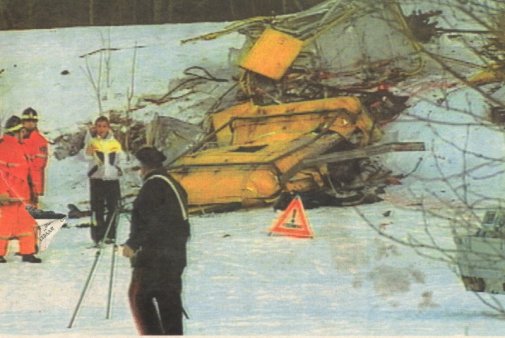
parole e musica di Andrea Brignole
Il 3 febbraio 1998 un aereo militare USA, durante una esercitazione, fa precipitare la funivia del Cermis a Cavalese, in Val di Fiemme.
Oltre al manovratore, muoiono 19 persone, tutti cittadini europei, tra i quali tre italiani, sette tedeschi, due austriaci, due polacchi, cinque belgi e un olandese.
Per la magistratura militare USA nessun militare statunitense è colpevole, anche se dall’inchiesta emergerà che i piloti scommettevano cassette di birra a chi volava più basso.
Nessun colpevole, come tante altre volte.
E come tante altre volte, coloro che hanno la forza credono di avere anche la ragione.
Resta il dolore dei parenti delle vittime.
Un dolore senza giustizia.
Ma ormai ci siamo abituati al dolore senza giustizia in questo Paese.
Il 3 febbraio 1998 un aereo militare USA, durante una esercitazione, fa precipitare la funivia del Cermis a Cavalese, in Val di Fiemme.
Oltre al manovratore, muoiono 19 persone, tutti cittadini europei, tra i quali tre italiani, sette tedeschi, due austriaci, due polacchi, cinque belgi e un olandese.
Per la magistratura militare USA nessun militare statunitense è colpevole, anche se dall’inchiesta emergerà che i piloti scommettevano cassette di birra a chi volava più basso.
Nessun colpevole, come tante altre volte.
E come tante altre volte, coloro che hanno la forza credono di avere anche la ragione.
Resta il dolore dei parenti delle vittime.
Un dolore senza giustizia.
Ma ormai ci siamo abituati al dolore senza giustizia in questo Paese.
Lasciate che cada ancora la neve, tra quelle montagne sporche di sangue,
(Continues)
(Continues)
Contributed by i.fermentivivi 2009/9/7 - 12:47
Vitti na crozza

"chiamu la murti e idda marrispunni"? Io conosco questa strofa così:
"chiamu la vita e a morti m'arrispunni"
Saluti.
"chiamu la vita e a morti m'arrispunni"
Saluti.
2009/9/7 - 08:40
Interrogatoire

Interrogatoire
Canzone léviane – Interrogatoire – Marco Valdo M.I. – 2009
Cycle du Cahier ligné – 49
Interrogatoire est la quarante-neuvième chanson du Cycle du Cahier ligné, constitué d'éléments tirés du Quaderno a Cancelli de Carlo Levi.
Tu sais, Lucien mon ami, comment ça va dans les guerres des hommes et même, dans les guerres qui n'osent pas dire leur nom, qui se cachent sous le nom de paix... C'est même l'état le plus constant de la guerre, c'est aussi l'état le plus sournois de la guerre de Cent Mille Ans que les riches mènent contre les pauvres. Le plus sournois puisqu'on fait croire qu'il n'y a pas la guerre, que parce que les armes n'entrent pas ouvertement en action pour tuer, conquérir, massacrer... les gens, il n'y aurait pas la guerre. Quelle blague ! Regarde bien, Lucien, seul un des deux camps détient les armes (toutes les armes, y compris des armes lourdes,... (Continues)
Canzone léviane – Interrogatoire – Marco Valdo M.I. – 2009
Cycle du Cahier ligné – 49
Interrogatoire est la quarante-neuvième chanson du Cycle du Cahier ligné, constitué d'éléments tirés du Quaderno a Cancelli de Carlo Levi.
Tu sais, Lucien mon ami, comment ça va dans les guerres des hommes et même, dans les guerres qui n'osent pas dire leur nom, qui se cachent sous le nom de paix... C'est même l'état le plus constant de la guerre, c'est aussi l'état le plus sournois de la guerre de Cent Mille Ans que les riches mènent contre les pauvres. Le plus sournois puisqu'on fait croire qu'il n'y a pas la guerre, que parce que les armes n'entrent pas ouvertement en action pour tuer, conquérir, massacrer... les gens, il n'y aurait pas la guerre. Quelle blague ! Regarde bien, Lucien, seul un des deux camps détient les armes (toutes les armes, y compris des armes lourdes,... (Continues)
J'écoute la pluie qui martèle le toit
(Continues)
(Continues)
Contributed by Marco Valdo M.I. 2009/9/6 - 23:17
Gallipoli
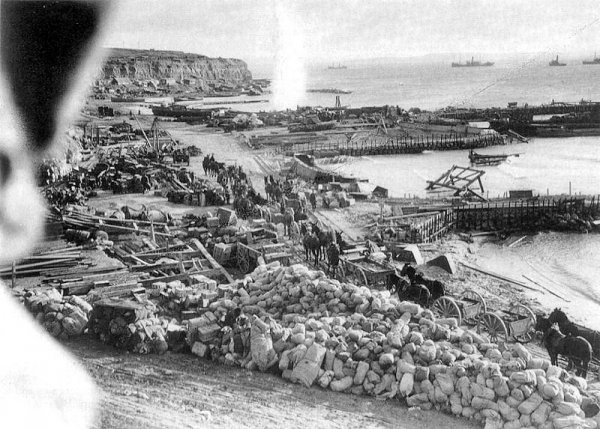
Written by Mike Swan e Daire Doyle (The Memories)
Performed by The Fureys
The song Gallipoli refers to the slaughtering of allied troops during the poorly planned and badly executed Battle at Gallipoli in Turkey in 1915. It is the Irish counterpart of the Australian oriented song The Band Played Waltzing Matilda.
(from Triskelle)
Performed by The Fureys
The song Gallipoli refers to the slaughtering of allied troops during the poorly planned and badly executed Battle at Gallipoli in Turkey in 1915. It is the Irish counterpart of the Australian oriented song The Band Played Waltzing Matilda.
(from Triskelle)
I remember the day it stands clear in my mind
(Continues)
(Continues)
2009/9/6 - 18:44
Song Itineraries:
World War I (1914-1918)
The Connaught Rangers
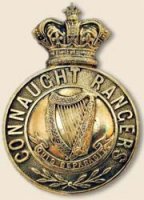
The Connaught Rangers, or Connaght Rangers, were established in 1793 as an Irish regiment in the British army and fought its first battles in Flanders against Napoleon's troops in 1794 during the Revolutionary Wars.
This first campaign was a disaster for the inexperienced regiment, but in the campaigns that followed in the West Indies, Egypt, India and South America the Connaught Rangers evolved in a respected, tough, and well-oiled war machine. During the Peninsula War from 1808 until 1814 the regiment fought in Wellington's army on the Iberian Peninsula and obtained the honourable nickname The Devil's Own.
Not only in battle the Connaught Rangers lived up to its nickname, as the regiment is also known for its plundering habits.
During the First World War the Connaught Rangers were deployed at several battlefields in for example Belgium and France. The regiment adopted It's A Long Way... (Continues)
This first campaign was a disaster for the inexperienced regiment, but in the campaigns that followed in the West Indies, Egypt, India and South America the Connaught Rangers evolved in a respected, tough, and well-oiled war machine. During the Peninsula War from 1808 until 1814 the regiment fought in Wellington's army on the Iberian Peninsula and obtained the honourable nickname The Devil's Own.
Not only in battle the Connaught Rangers lived up to its nickname, as the regiment is also known for its plundering habits.
During the First World War the Connaught Rangers were deployed at several battlefields in for example Belgium and France. The regiment adopted It's A Long Way... (Continues)
To the tiny homesteads of the West
(Continues)
(Continues)
2009/9/6 - 18:29
Sergeant William Bailey
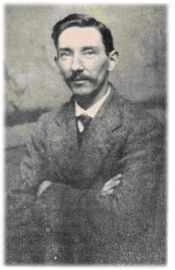
Anti-enlistment songs, and later on anti-conscription ones, relied heavily on sarcasm, a device used by ballad makers throughout history because it was considered the only weapon the oppressed had against the powerful. These ballads specialized in lampooning politicians and authority figures who encouraged Irishmen to fight in foreign wars. The figure of the ‘Recruiting Sergeant’ has traditionally been a target for verbal abuse and during the Great War he provided inspiration for many ballads as in this one from Tipperary (The Recruiting Sergeant).
The recruiting sergeant in Dublin fared no better than his colleague in Tipperary. The Dublin ballad maker Peadar Kearney who wrote many popular songs during this turbulent period, including the Irish national anthem, Amhrán na bhFiann, treated the recruiting sergeant in an equally sarcastic manner in his song ‘Sergeant William Bailey.’
BBC History
The recruiting sergeant in Dublin fared no better than his colleague in Tipperary. The Dublin ballad maker Peadar Kearney who wrote many popular songs during this turbulent period, including the Irish national anthem, Amhrán na bhFiann, treated the recruiting sergeant in an equally sarcastic manner in his song ‘Sergeant William Bailey.’
BBC History
Sergeant William Bailey was a man of high renown,
(Continues)
(Continues)
2009/9/6 - 16:21
Saxon Shilling
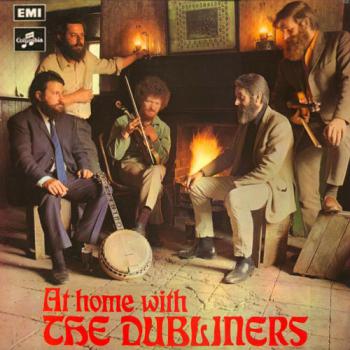
1969
Album: "At Home with The Dubliners"
Da una poesia di Kevin T. Buggy
Lo scellino dei Sassoni (vedi anche The King's Shilling) era la paga del soldato nell'Impero Britannico. La canzone esorta gli irlandesi a non combattere per gli inglesi, ma per liberare la propria terra.
Album: "At Home with The Dubliners"
Da una poesia di Kevin T. Buggy
Lo scellino dei Sassoni (vedi anche The King's Shilling) era la paga del soldato nell'Impero Britannico. La canzone esorta gli irlandesi a non combattere per gli inglesi, ma per liberare la propria terra.
Hark a marshall sound is heard
(Continues)
(Continues)
2009/9/6 - 16:11
×
![]()




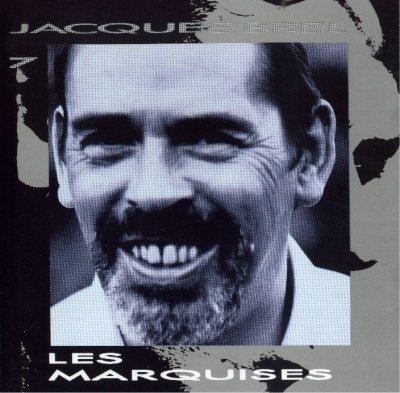


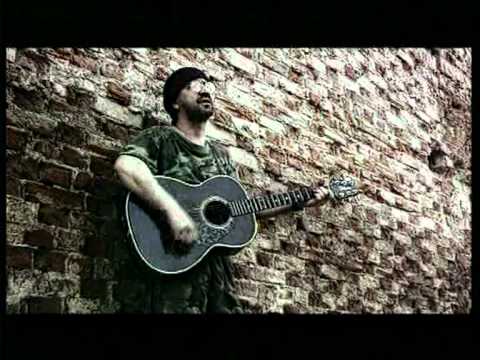
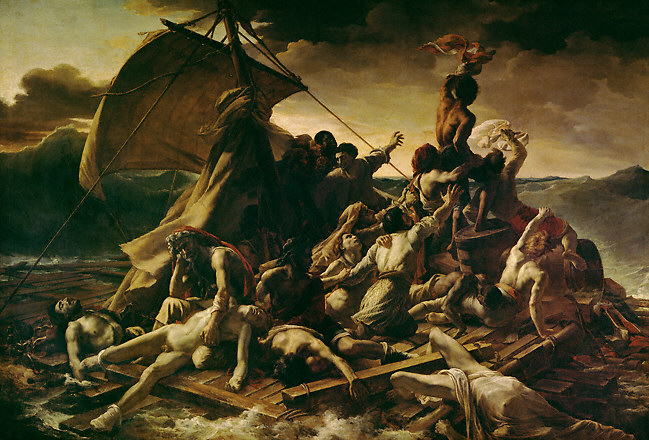



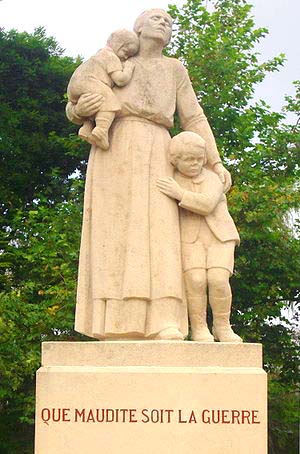
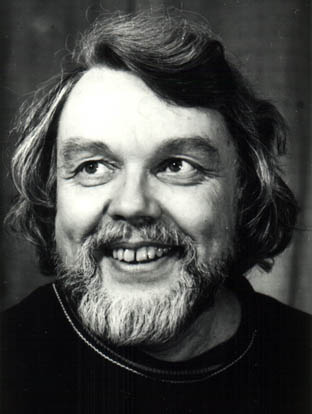


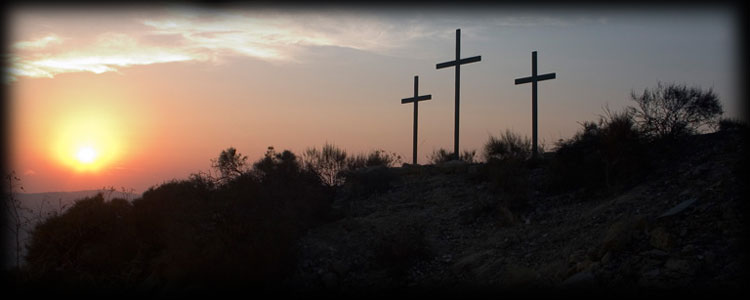
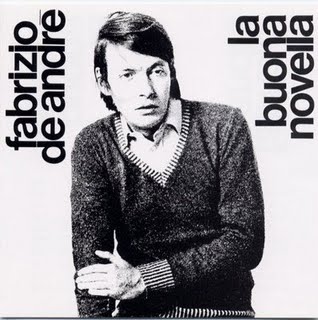
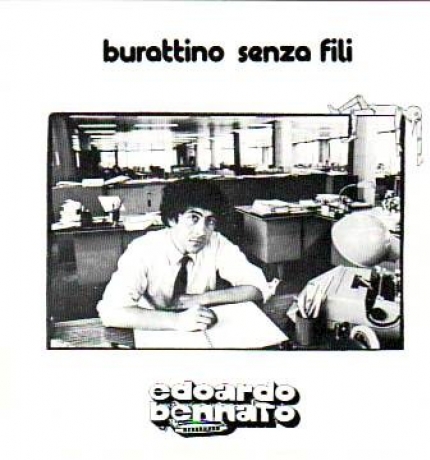


Testo e musica di Paola Molgora
Lyrics and music by Paola Molgora
Album: "Train To Loveland"